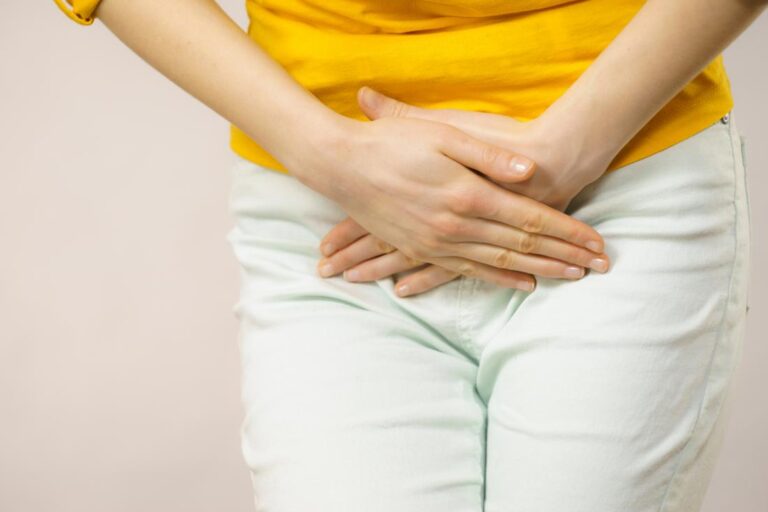What is the meaning of vulvar abscess? What are its causes and symptoms? What should I do to get rid of a vulvar abscess? Is it a mild or severe problem? To get the correct answers to these questions, you need to read this post to the bottom: it has all the information you may need to know.
Meaning
To bring about this discussion, we must give it a strong foundation by giving the ultimate meaning of what vulvar abscess stands for. So, a skin abscess otherwise called a boil is a bump that occurs within or below the surface of the skin. The bump usually is filled with pus or other debris and definitely occurs due to bacterial infections.
Vulvar on the other side is the external genitals of a woman. “It includes the mons pubis, labia major and minor, clitoris, and the urethral and vaginal openings.” Says winchesterhospital.org.
Well, having illuminated that abscess is mainly due to bacterial infections, it is worth to explain that there are other dynamics or conditions that can trigger or enhance such infections. Again, they can combine with bacterial infections to cause an abscess. In our cases now, we also consider them triggers for the one on your vulvar:
Causes of vulvar abscess
Eager to know how they form? Good, an abscess usually results when oil or sweat glands get blocked, hair follicles get inflamed or due to minor punctures or cuts on the skin that can allow bacteria into the skin. When the bacteria find their way in the skin breaks or cuts, the body’s immune system will need to kill the germs and thus such response will lead their formation.
According to Wemd.com, “The middle of the abscess liquefies and contains dead cells, bacteria, and other debris.” There are many causes or triggers that can result in or be impugned to cause a vulvar abscess. Here are the common causes and triggers:
Bacterial infections
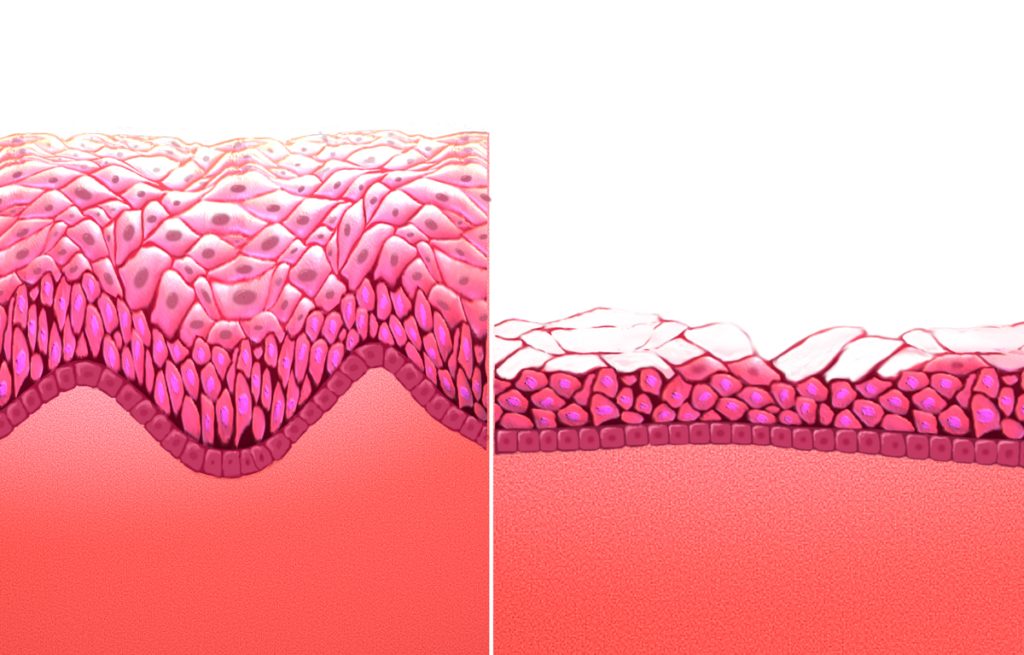
This is the major factor behind the occurrence of your vulvar or generally on the skin. According to healthline.com, “Staphylococcus is the most common bacterial cause of skin abscesses.” A boil may result when these bacteria enter the skin through hair follicles, wounds or injuries on the skin. Some factors can also increase the chances of developing a bacterial infection. These includes:
- Poor vulvar hygiene standards
- Compromised immune system due to infections such as HIV non-oral sex
- Chronic conditions such as acne or eczema
- Diabetes
- Contact with an infected individual may be during
Vulvar folliculitis

This is also another major factor that is blamed for a vulvar abscess. Folliculitis is the infection of the hair follicles and this usually occurs when hair is confined to the skin or is incapable of breaking through the skin, these are usually referred to as ingrown hairs. They result in inappropriate shaving techniques or when one has generally curled hair.
Vulvar piercing
Having genital piercing can also lead to the development problem. Remember piercing alone is not the gate to abscess but get this clear, if the piercings are not given good care, they can be infected and thus troublesome abscess will be borne!
You can also be allergic to the piercing and thus develop an allergic reaction that may result in the occurrence of a vulvar abscess.
Skin conditions
Any skin condition that can cause a blister, sore or a rash can contribute to the formation of the abscess. The sores or rashes if not properly treated can get infected and thus an abscess may form. So the skin conditions that can be focused on in this section include eczema, psoriasis or dermatitis.
More causes
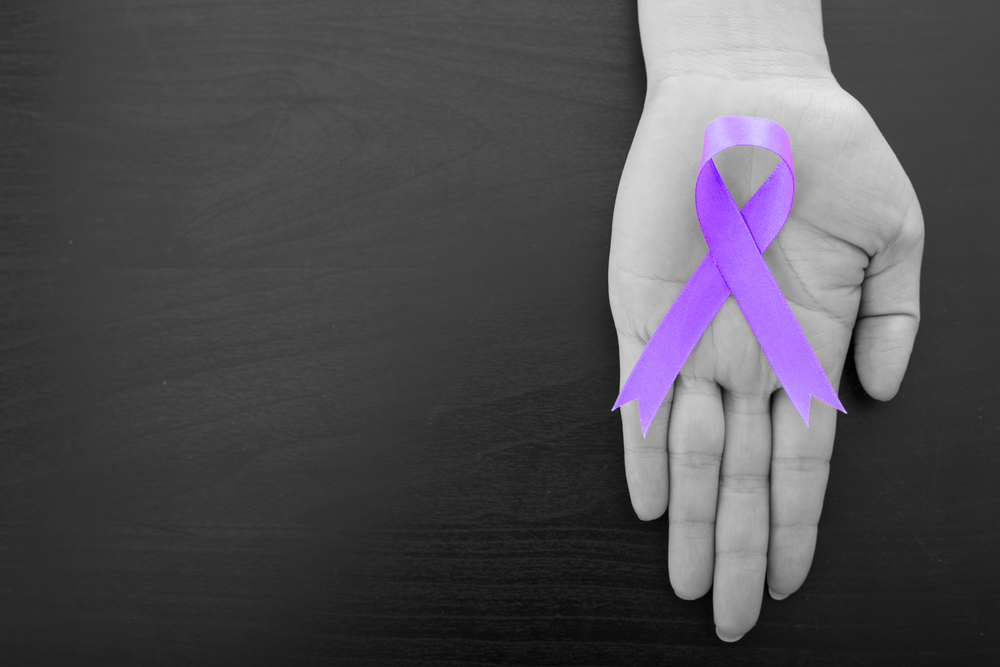
There are several causes that can result in it that we cannot explain in one article. Now, you are also at high risk of developing them if your bear the following conditions:
- Certain medications such as chronic steroid therapy
- Chemotherapy
- Lichen sclerosus
- Peripheral vascular disease
- Crohn’s disease
- Ulcerative colitis
- Severe burns
- Vulvar Cancer
- Lupus
- Dialysis for kidney failure Venous
- Sickle cell disease
- Serious trauma
- Intravenous drug use
- Alcohol
Now that we recognize the causes, what is then the solution? The best solution is a proper and accurate diagnosis that will help in defining the best treatment. This should not be done at home but instead, be performed in doctor`s office.
Here are some of the symptoms that can signify the occurrence of vulvar abscess:
Signs and symptoms
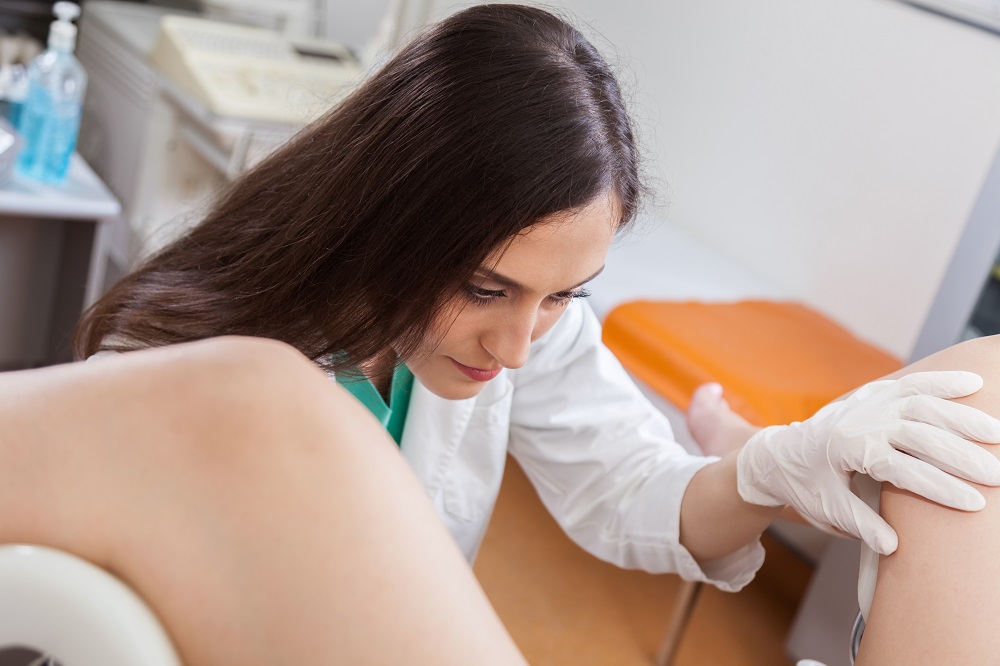
The symptoms of the vulvar abscess will solely depend on the causes, they can be mild or severe, come and go or persist. They can be seen before, during or after its occurrence. Even if mild, deferred treatment of the symptoms may pave ways for relentless symptoms. Therefore, the abscess has several direct and indirect symptoms. The following are the common symptoms linked to it include.
- Pain
- Itching
- The skin surrounding the abscess is normally pink or red
- Redness, warmth, and swelling
- Compressible and warm to touch the bump
- A bump or rash
- Firm and hardened bumps at initial stages of abscess
- Spread of infection to surrounding areas
- Tendering of the vulvar skin
- Discharge of pus
- Fever, chills
- Bleeding in extreme cases
There are more symptoms that can be extremely severe especially those that occur due to systemic diseases. So any abscess symptoms that cannot be handled (emergency symptoms and complications) at home should seek the attention of your GP. Let us not wait until they grow serious is when we bother doctors.
There are also some people who feel embarrassed to open up on the vulvar problems, please this should not be the case. Be free to consult your doctor over the same, they are trained in these areas and will give you effectual treatments
Bartholin gland abscess
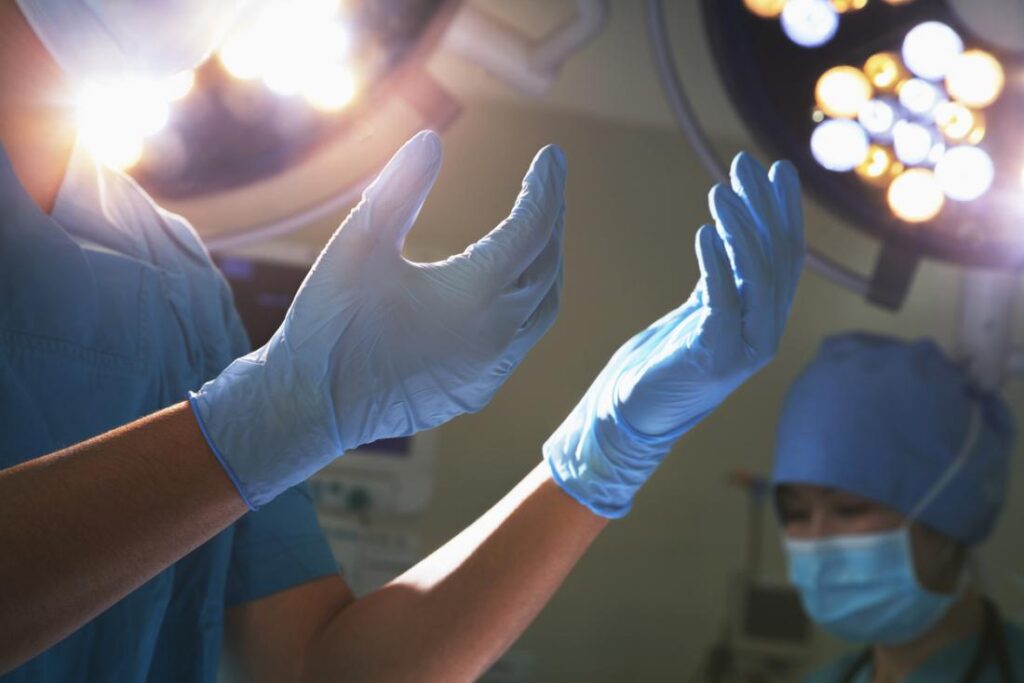
A Bartholin’s abscess can occur when one of the Bartholin’s glands, located on either side of the opening of the vagina, becomes infected. Usually, there are two Bartholin glands sitting on each side of the vaginal opening. The major function of these glands is to produce a lubricant to vaginal membranes. They can get infected and thus swell or create an obstruction in the follicles. This will lead to the formation of the Bartholin’s abscess.
You should also know this, it can take a quite long period for fluids to collect to form Bartholin’s cyst unlike in the formation of Bartholin’s abscess. The symptoms of these types of abscess are not very different from the ones we have mentioned above.
It does not usually disappear of their own therefore, it usually needs treatments. Bartholin abscess treatments or remedies will include surgery, prescription of antibiotics. If all the treatments and medications fail to heal or prevent the re-occurrence of Bartholin’s abscess then your doctor may resolve to remove your Bartholin glands.
Home remedies and treatments
Before you jump to treating an abscess on vulvar, you have to consider the following factors; medical history of the patient, severity of the resultant symptoms or the underlying causes. The treatment usually involves treating the underlying causes or the resultant symptoms.
There are many treatments or remedies available for treating it. These include abscess home treatments, over the counter or prescribed treatments. Some of the treatment options are explained below:
Home treatment
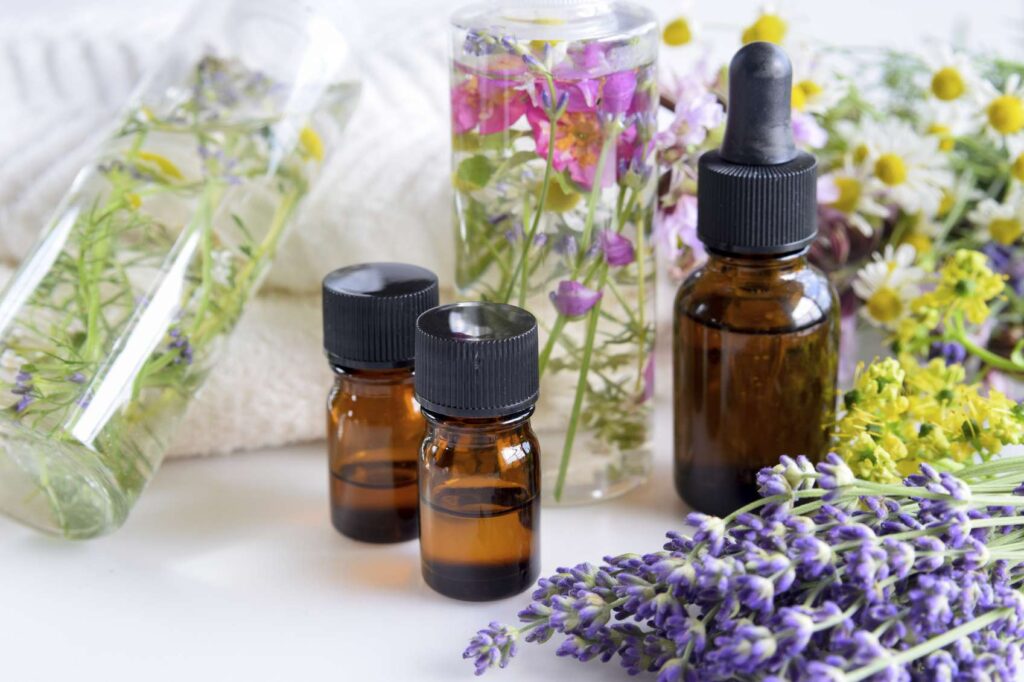
Many home remedies can be used to relieve symptoms such as itching, burning sensation or inflammation. They can also enhance the drainage and thus quickens the healing process of the drained abscess. Don’t forget, they can also get rid of the infections and si are very significant for treating it. See examples of effective home remedies for abscess on vulvar:
- In case of mild abscess usually less 1cm then, applying warm water can help relieve the symptoms and may enhance its drainage. This should be done four times a day.
- Application of natural home products such as aloe vera, lemon juice, essential oils, baking soda, egg white or egg yolk can really help. These products usually relieve pain, itchiness, burning sensation or inflammation. They also get rid of infections and fasten the healing process.
- Maintaining good genital hygiene
- The abscess should not be drained by squeezing or pressing.
Over the counter treatments
There are also over the counter treatments that can also be used to treat this condition. They will depend on the symptoms and the underlying causes. The drugs or medicines usually come in the form of cream, gels, lotions or soaps. They include topical antibiotics, antihistamines, salicylic acids, benzoic acids, etc. Follow the instruction given at the chemist or pharmacy. This kind of treatment is only effective for a mild or moderate abscess.
Prescription treatments
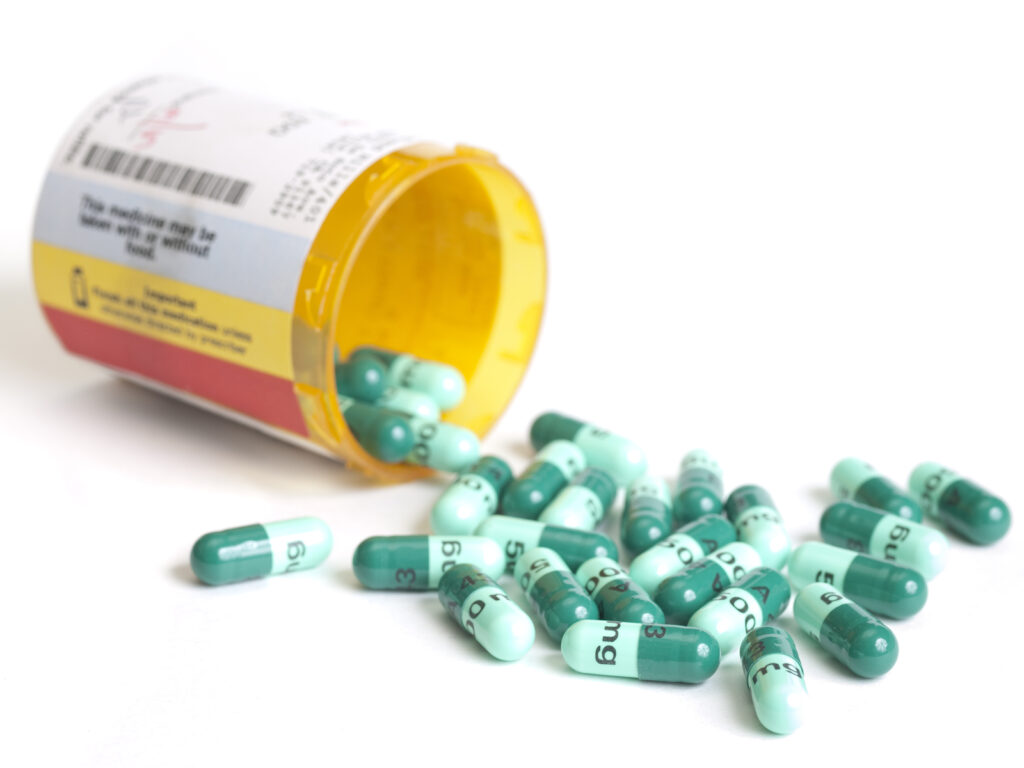
Sometimes home treatments or over the counter medications may be ineffective, this should ring something in your mind- it is time to see your GP! Some of the likely prescribed medications include oral antibiotics, steroid injections, and corticosteroids among other advanced treatments. In severe cases, surgery and drainage or incision may be required.
The doctor still has more treatment options.
Conclusion
For vulvar symptoms that cannot heal on their own, you should seek immediate service from the doctor or dermatologist. Again, if your symptoms are unresponsive to the home treatment or OTC treatments then you should also repeat the same, immediately see your doctor. Remember such vulvar symptoms may be due to serious veiled diseases.
Remember abscess and cysts are different things altogether, it is only the cysts that can be left to heal of their own but abscess has definitely a different case!

